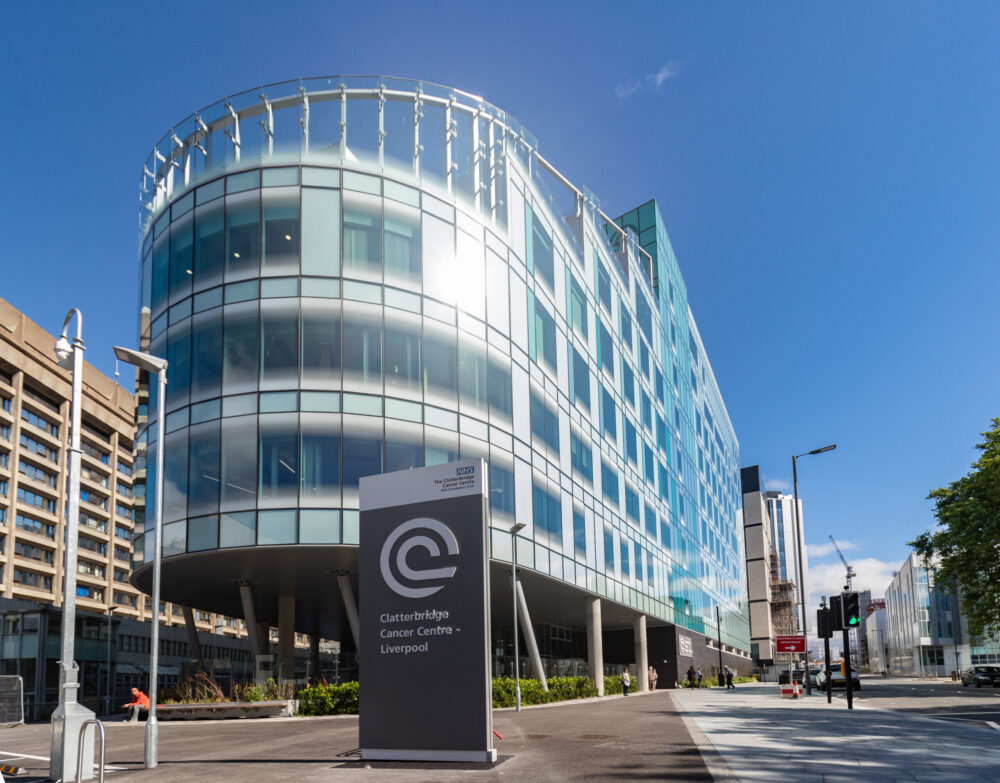
NHS
Liverpool-led Pancreatic Cancer Research Study saves dad
1 year ago

A groundbreaking research study at the Royal Liverpool University Hospital and the University of Liverpool has saved the life of Adam Eshborn, a 51-year-old father of two from Catterall, near Preston.
Adam was just months away from potentially developing pancreatic cancer when a life-changing screening as part of the EUROPAC trial identified a pre-cancerous condition in time for preventative surgery.
Pancreatic cancer has one of the lowest survival rates of all cancers, with around 80% of patients being diagnosed at the most advanced stages of the disease. This is due to due to symptoms of the disease being hard to detect, with some people having no symptoms at all.
The EUROPAC programme began registering family groups in 1997 with a history of pancreatic cancer or inherited pancreatic conditions.
Adam suffered as a child with symptoms of pancreatitis, including chronic pain and digestive symptoms from the age of 10. Although Adam wasn’t diagnosed until he was older, members of his family with similar symptoms were diagnosed with Pancreatitis and took part in the EUROPAC registry.
The registry records data from family groups who suffer from hereditary pancreatic diseases or have several family members who have died from pancreatic cancer. It wasn’t until Adam was 32, when he decided to take part in the EUROPAC trial himself.
Adam said: “I decided to take part in the trial just before I was due to be married. We knew we wanted to start a family, so I started to take my health more seriously.
“I decided it was important to look into my condition, I remember being in a lot of pain as a child, but as I grew up this began to get better, so I stopped thinking about it as much. I did, however continue to have digestive issues into my adulthood.”
The pancreas is an organ involved in digestion. It secretes digestive enzymes to break down foods whilst also producing hormones such as insulin to regulate blood sugars.
Adam continued: “During the registration and testing process I discovered I had a fault in my PRSS1 gene, which is why I developed pancreatitis so young.”
One in 10 cases of pancreatic cancers can be linked to hereditary conditions such as PRSS1 gene mutations. In this case, it means the pancreas is unable to break down a certain enzyme, which damages the pancreas and can eventually lead to cancer.
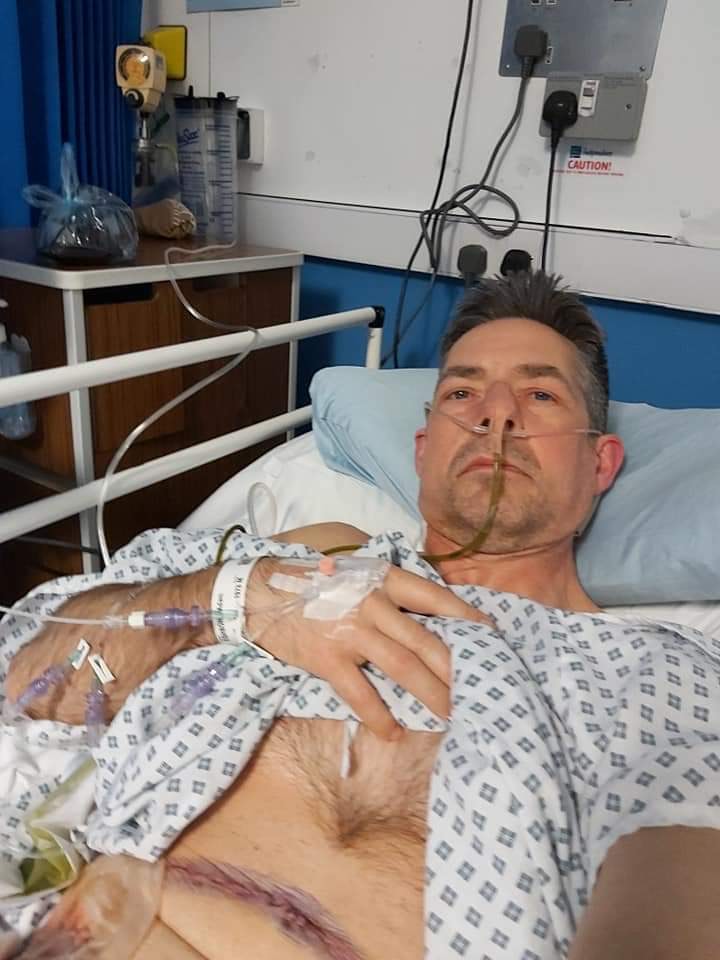
Living an active lifestyle as a keen runner, Adam attended screening with the EUROPAC trial each year which monitored his condition and the general health of his pancreas.
The trial is separated into two parts. One aspect is the registry which provides clinical professionals with information to identify patients most at risk of developing pancreatic cancer.
The registry information is then passed to EUROPACS’ national multidisciplinary team (MDT) who look at the person’s specific case and decide whether they are admitted to the second phase of the trial, a yearly screening programme.
The screening programme consists of yearly scans, including MRI scans and a camera ultrasound, to watch for any changes in the participant’s pancreas.
In 2020, Professor Christopher Halloran, Honorary Consultant Pancreatic Surgeon at Royal Liverpool University Hospital and Professor of Pancreatic Surgery at the University of Liverpool discussed with Adam a change in the results from his scans and recommended surgery to remove his whole pancreas, a procedure known as a pancreatectomy.
Currently, the only curative treatment for pancreatic cancer is surgery to remove part or all of the pancreas, however, only 10 percent of people are able to have this treatment due to the illness being found too late and spreading to other part of the body.
Adam underwent a total pancreatectomy at the Royal Liverpool University Hospital, which confirmed he had a significant pre-cancerous area. Adam’s clinical team caught this early enough to prevent it developing into pancreatic cancer or spreading further.
Adam said: “It was a hard to adjust after the surgery. Without my pancreas, I was automatically diabetic, so learning to live with that and change my everyday life took a while.
“Up to now, nine people have been identified in my family as having the genetic condition that can cause this cancer, so I am incredibly lucky that the EUROPAC team spotted the signs early. I owe my life the EUROPAC trial and the team.”
Four years on, Adam is living a new normal, still suffering with some side-effect of his condition and treatment. However, he is keeping fit, having run multiple marathons to raise money and awareness for pancreatic cancer research.
Adam and his wife have two children and had both son’s tested for the PRSS1 condition when they were toddlers. They discovered their youngest son, now 13, had the same condition as Adam.

Adam said: “Finding out our son had the same gene as me was scary, but we wanted to be prepared to help him if he started developing symptoms.
“It’s reassuring to know with help of EUROPAC, he will have the choice to be screened regularly and will have the best care possible, should he need it in the future.”
The EUROPAC trial currently has 50,000 participants across Europe enrolled on the database, made up of 2,400 family groups. Across the UK, 838 people have been referred onto the screening programme.
Professor Halloran said: “EUROPAC along with its partners, NHS England, Pancreatic Cancer UK, Cheshire and Merseyside Cancer Alliance, the University of Liverpool and the Royal Liverpool University Hospital, have developed systems with national reach to find treatable pancreatic lesions before they develop into cancer.”
“Adam’s story is a great example of the benefits of this programme, and how we can help save lives of people who could face this condition.
“In collaboration with Pancreatic Cancer UK, we have developed an amazing family history checking tool which allows any person, anywhere, if appropriate, to be referred to the EUROPAC study. We can then calculate an individual’s risk of developing pancreatic cancer, which is then discussed with local specialists in our nationwide screening centres for their onward care.
“Pancreatic cancer is both devastating to the people it affects and to their families. Regrettably, in most cases, it is diagnosed at a late stage and is untreatable. With trials such as EUROPAC and the advancements being in this field, we have the chance to better the odds and increase the survival rate of this disease.”
Symptoms of the condition are hard to spot as they can be associated with other illnesses, including indigestion, stomach and back pain. If you have any symptoms you are concerned about, contact your GP practice.




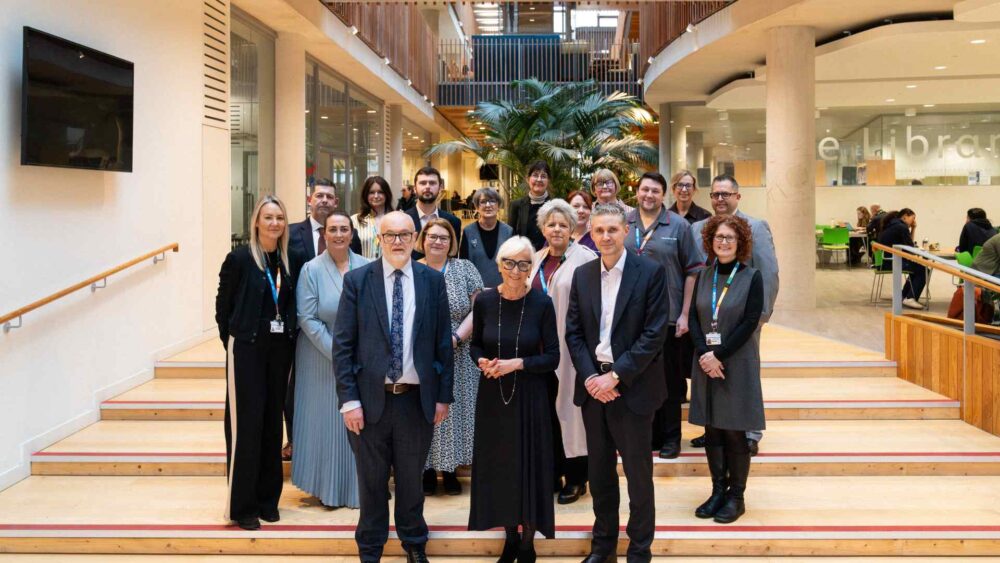
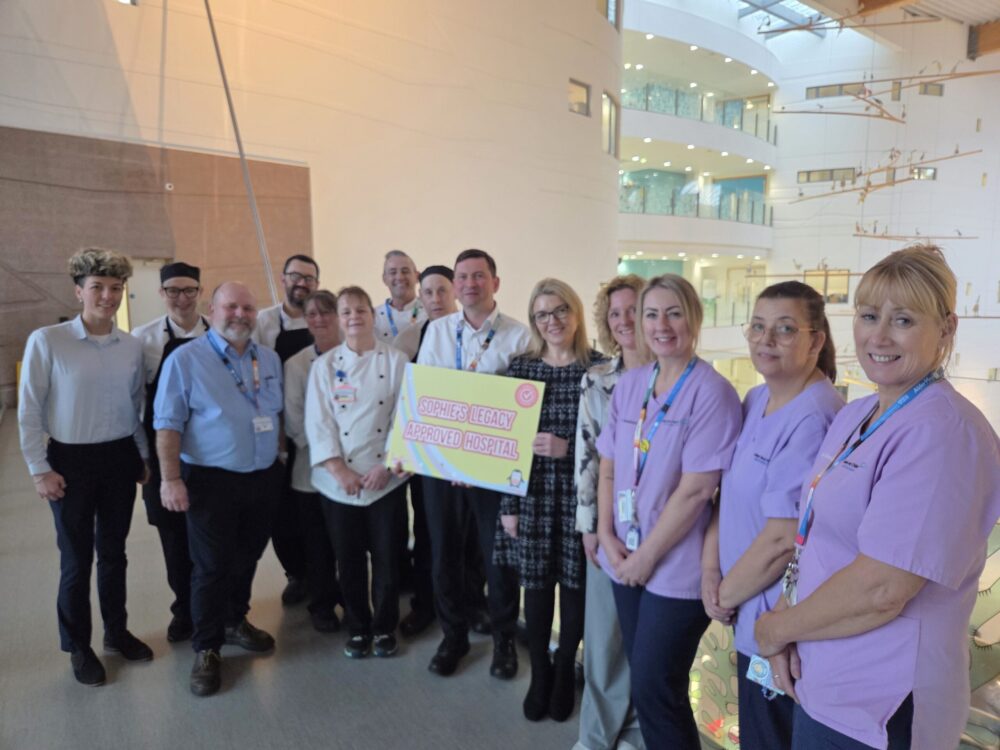


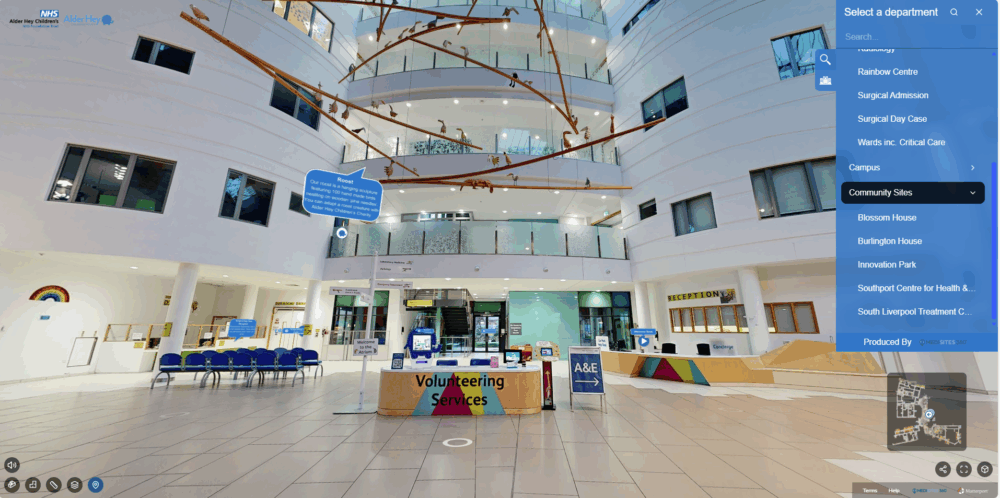


 Subscribe
Subscribe Follow Us
Follow Us Follow Us
Follow Us Follow Us
Follow Us Follow Us
Follow Us











